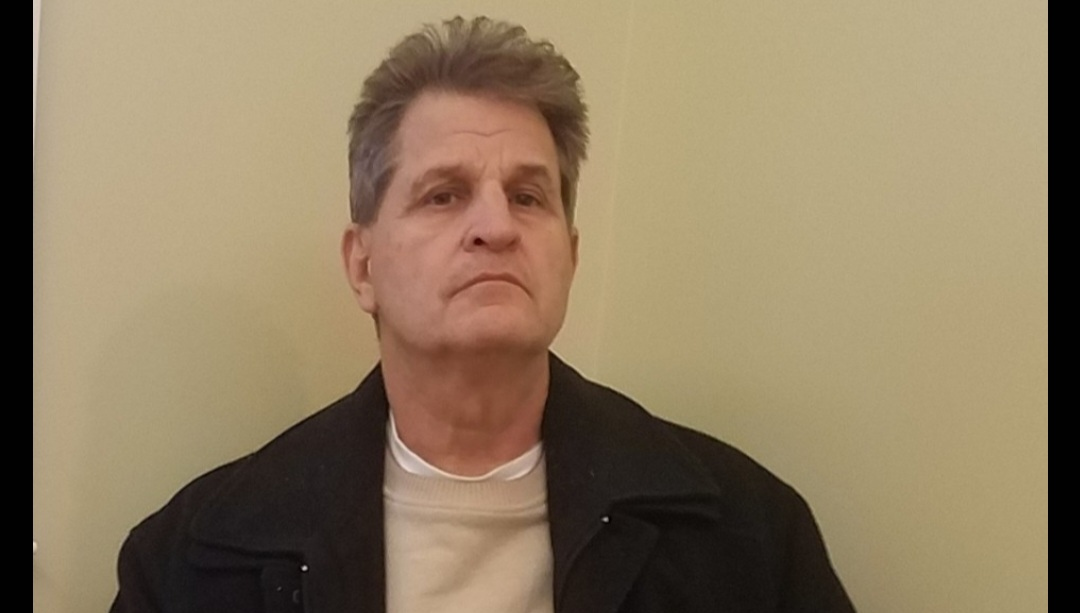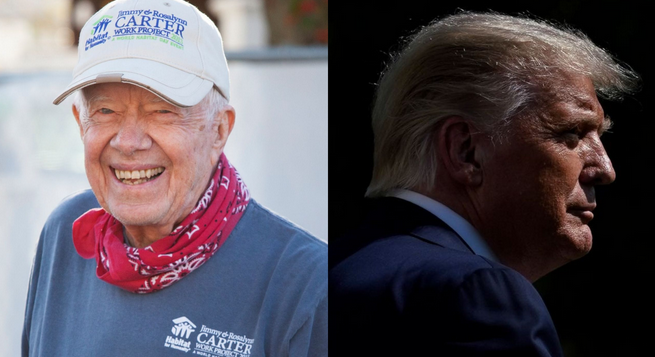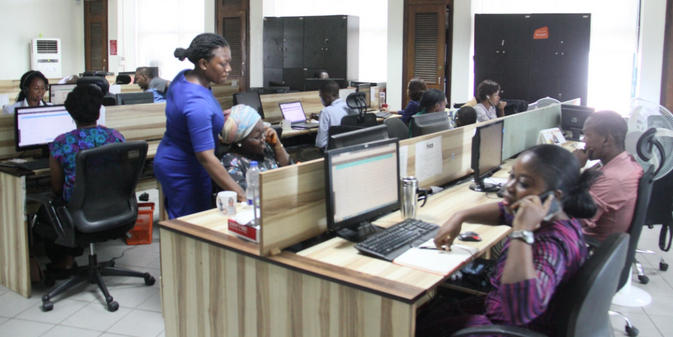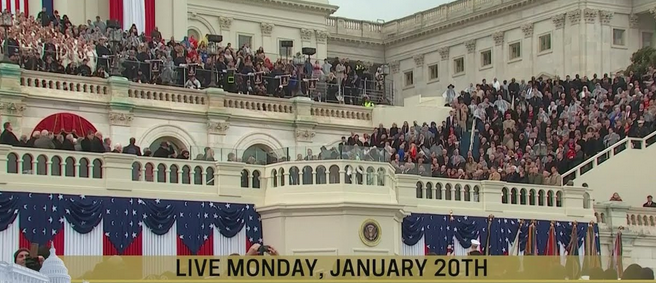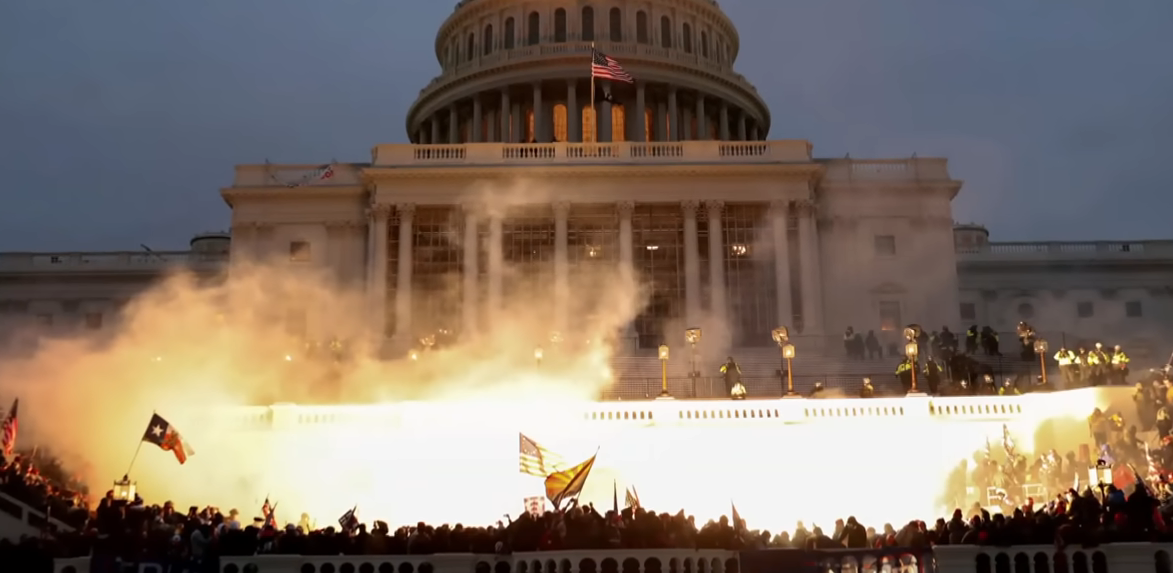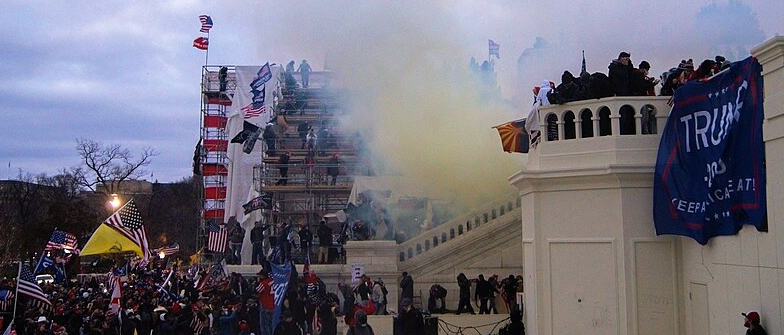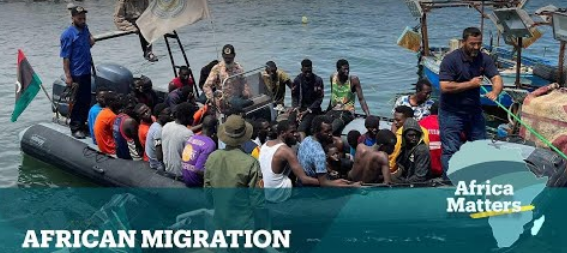As a result, Samori regarded economic imperialist wars as unjust wars but was very supportive of conflicts where impoverished Black people, and other peoples of color, were willing to defend themselves against far more military advanced personnel forces and seemingly endless amounts of sophisticated weaponry and synchronized communications systems. But he always believed, and even knew, that in spite of these overwhelming odds, the oppressed people were destined to win. And he tried to do his part to guarantee the victory
On Saturday, March 25, 2006, the family of Samori Tarik Marksman, the revolutionary radio broadcaster and program director of WBAI, will present an awards dinner tribute to establish a scholarship fund which will be awarded to students pursuing a degree in journalism in attribution to his name, accordingly the Samori Marksman Foundation.
Marksman was a radical media communicator whose extraordinary vision and activism was grounded on dialectical materialism—albeit with mutual respect to essential wisdom of his commitment to African historical traditions—making him not just simply a Pan-Africanist but an African internationalist. He clearly understood the importance of the dynamics of both race and class. Indeed, some activists see the racial struggle as the class struggle on a biological plane.
Samori was able to unravel a lot of the all of these issues in the context of today’s times, diversity of peoples and the ongoing struggle against western economic imperialism under the guise of globalization. Luckily his world view became a WBAI philosophical paradigm which he bequeathed to other producers to use as an indelible imprimatur on the station in New York. All WBAI programs that are broadcasted in the greater Metropolitan region are now streamed on the internet nationally to other Pacifica affiliates and even picked up internationally by other outlets. In a certain sense, although Samori is unfortunately not physically present with us, much of his contributions are available to almost everybody everywhere.
Samori offered radical activists everywhere, whether from the halls of academia (he claimed that there were far too many snobbish petty-bourgeois, superficial scholars who were merely “academons�), or those brothers and sisters from the streets in the ghettoes, el barrios, favelas, or even the bush and forests in far away oppressed lands who had no other access to radio airtime to express their on-the-ground realities right in the middle of the FM dial on the radio in the biggest media markets and communications capital of the world.
In his own way, Samori Marksman literally opened up the airwaves for millions of ostensibly voiceless people who had often been repressed from being able to speak in their own self-determined voices and truly speak their truth to power.
This historic tribute will take place between 7PM to 10PM, at the Fort Greene Senior Citizens Council, 966 Fulton Street (between Grand Avenue and Cambridge Place) in – as Samori used to say – the “People’s Republic of Brooklyn�, New York, and will feature a number of guest speakers on the program, including: Michael Tarif Warren, Esq.; Father Lawrence Lucas, Chaplain at Rikers Island and author of White Church, Black Priest; Elombe Brath, Patrice Lumumba Coalition and producer and host of the program Afrikaleidoscope; Don Rojas, former press secretary to Prime Minister Maurice Bishop of Grenada, as well as former WBAI General Manager; Bisi Iderabullah, executive of Imani House; Dr. Asha Samad-Mathias, CCNY; Dr. Rashida Ismaili-Abubakr, a political activist and poet; and Gwen Wilson, educator and a House of the Lord Church Trustee. City Councilman Charles Barron is also scheduled as a special invited guest speaker.
Samori Tarik Marksman, who was born on October 27, 1947 in St. Vincents in the Caribbean, where he was christened Stanley Marksman, as was the tradition during that time. But before he passed away on March 23, 1999, his chosen African name would be synonymous with that of what constitutes a revolutionary African internationalist journalist par excellence. Indeed, he was a pillar and the personification of progressive radio in the service of all oppressed peoples, but with a special love for Africans at home and abroad.
Besides his many years of work with the Patrice Lumumba Coalition, he had been involved earlier with the Caribbean Mobilization Committee in the early 1970s, when we crossed paths. He would later develop another group entitled the African and Caribbean Resource Center, among other sociopolitical formations – including his work with the New Jewel Movement in Grenada.
He also lived in Liberia where he taught school, but his Pan-Africanist curriculum was so revolutionary that the conservative government authorities eventually terminated his contract and deported him back to the U.S. Samori also served in the U.S. military and was assigned to a unit responsible for accompanying the coffins of those unfortunate soldiers who had been slain in battle and were sent home to be buried by their heartbroken families in cities across the U.S.
Although he was trained as a combat soldier, the experiences he had during in the burial detail gave him a keen sensitivity against sending young men and women in the U.S. to fight in foreign imperialist wars. His consciousness sharpened when he calculated (with compliments from Dr. Walter Rodney and his How Europe Underdeveloped Africa) how the U.S. and its western allies had developed their wealth at the expense of the same peoples who they had weakened earlier.
In the case of the U.S. and Europe, the former was able to rise from being an early fragmented settler colony to a global hegemonic empire, while western Europe, once regarded as the so-called “Great Powers�, started with trafficking in enslaved Africa people, and later colonizing them within their own countries. What remained constant was the Europeans, including those in the U.S., always enriching their own nations and peoples by exploiting so-called “poor� countries, particularly those inhabited by peoples of color.
Thus major wars are historically fights among large powers in competition for profits that they intend to extract from weaker – and darker – nations. Samori understood that most wars since the post-Second World War period were wars where colonial powers sought to retain their domination over their colonies and the oppressed colonized people intensified their resistance towards alien peoples who insisted in attempting to steal their precious natural resources. To engage the usurper in armed national liberation struggles to defend oneself and property was tantamount to engaging an enemy in a just war – not just war. As Dr. Martin Luther King, Jr. reminded us, “Peace is not just the absence of war but the presence of justice.â€?
As a result, Samori regarded economic imperialist wars as unjust wars but was very supportive of conflicts where impoverished Black people, and other peoples of color, were willing to defend themselves against far more military advanced personnel forces and seemingly endless amounts of sophisticated weaponry and synchronized communications systems. But he always believed, and even knew, that in spite of these overwhelming odds, the oppressed people were destined to win. And he tried to do his part to guarantee the victory.
Although Samori died a premature death due to his being overworked, underpaid, unappreciated and misused because of his complete dedication to the station for which he worked so hard for, one might say almost single-focused, he is not here with us today, having died two years before 9/11. Nevertheless, without any fear of successful contradiction, many of us feel that we know where he would stand today in regards to the current worldwide struggle against rapacious cowardly warlords who have led the people of the U.S. into an un-winnable war and a quagmire that can only assure a continuous growing number of deaths for everybody concerned.
Samori left a beloved wife, Rita Marksman, and three children, Lindiwe Ona, Zendzi Sonjay, and Kaifa Samori Marksman, as well as his elder brother Ben and their sisters Carlita, Cheryl (Clem) and Judy. Samori also was predeceased by another older brother Cadman and an older sister Yvette, and his own death was followed posthumously by the death of an older sister, Shirley, and another older brother, Lambert, who worked with him in just about every activity Samori was involved with. There was another tragedy when Lambert Marksman’s son, Bokar Biro Marksman, Samori’s nephew, passed away soon after his father’s death last year.
It is in remembrance of Samori’s relentless struggle and sacrifice that his family had to endure that the awards ceremony will be presented – with your help – to offer scholarships in the future, hopefully for a new generation of progressive and Samori-like journalists to prosper and flower that we ask for your support. Because this is a special fundraising occasion for a superb cause, the establishment of the Samori Marksman Memorial Foundation, ticket admission is $50.00, tax deductible (as well as any additional donations to the Foundation), and will be greatly appreciated.
The organizers, on behalf of the family of Samori Marksman, will use the net proceeds from this event to establishship a scholarship fund which will be awarded to student pursuing a degree in journalism in the name of Samori Marksman. Please make all checks payable to Imari House, but use the memo space to indicate that the check is slated specifically for the Samori Marksman Memorial Foundation. Checks should be sent to Post Office Box 160587, Brooklyn, New York 11216. To obtain tickets and information, please call (718) 421-1423.)
This historic tribute will take place between 7PM to 10PM, at the Fort Greene Senior Citizens Council, 966 Fulton Street (between Grand Avenue and Cambridge Place) in – as Samori used to say – the “People’s Republic of Brooklyn�, New York, and will feature a number of guest speakers on the program, including: Michael Tarif Warren, Esq.; Father Lawrence Lucas, Chaplain at Rikers Island and author of White Church, Black Priest; Elombe Brath, Patrice Lumumba Coalition and producer and host of the program Afrikaleidoscope; Don Rojas, former press secretary to Prime Minister Maurice Bishop of Grenada, as well as former WBAI General Manager; Bisi Iderabullah, executive of Imani House; Dr. Asha Samad-Mathias, CCNY; Dr.; Rashida Ismaili-Abubakr, a political activist and poet; and Gwen Wilson, educator and a House of the Lord Church Trustee. City Councilman Charles Barron is also scheduled as a special invited guest speaker.
Samori Tarik Marksman, who was born on October 27, 2947 in St.Vincents in the Caribbean, where he was christened Stanley Marksman, as was the tradition during that time. But before he passed away on March 23, 1999, his chosen African name would be synonymous with that of what constitutes a revolutionary African internationalist journalist par excellence. Indeed, he was a pillar and the personification of progressive radio in the service of all oppressed peoples, but with a special love for Africans at home and abroad. Besides his many years of work with the Patrice Lumumba Coalition, he had been involved earlier with the Caribbean Mobilization Committee in the early 1970s, when we crossed paths. He would later develop another group entitled the African and Caribbean Resource Center, among other sociopolitical formations – including his work with the New Jewel Movement in Grenada.
He also lived in Liberia where he taught school, but his Pan-Africanist curriculum was so revolutionary that the conservative government authorities eventually terminated his contract and deported him back to the U.S. Samori also served in the U.S. military and was assigned to a unit responsible for accompanying the coffins of those unfortunate soldiers who had been slain in battle and were sent home to be buried by their heartbroken families in cities across the U.S. Although he was trained as a combat soldier, the experiences he had during in the burial detail gave him a keen sensitivity against sending young men and women in the U.S. to fight in foreign imperialist wars.
His consciousness sharpened when he calculated (with compliments from Dr. Walter Rodney and his How Europe Underdeveloped Africa) how the U.S. and its western allies had developed their wealth at the expense of the same peoples who they had weakened earlier. In the case of the U.S. and Europe, the former was able to rise from being an early fragmented settler colony to a global hegemonic empire, while western Europe, once regarded as the so-called “Great Powers�, started with trafficking in enslaved Africa people, and later colonizing them within their own countries. What remained constant was the Europeans, including those in the U.S., always enriching their own nations and peoples by exploiting so-called “poor� countries, particularly those inhabited by peoples of color.
Thus major wars are historically fights among large powers in competition for profits that they intend to extract from weaker – and darker – nations. Samori understood that most wars since the post-Second World War period were wars where colonial powers sought to retain their domination over their colonies and the oppressed colonized people intensified their resistance towards alien peoples who insisted in attempting to steal their precious natural resources. To engage the usurper in armed national liberation struggles to defend oneself and property was tantamount to engaging an enemy in a just war – not just war. As Dr. Martin Luther King, Jr. reminded us, “Peace is not just the absence of war but the presence of justice.â€?
As a result, Samori regarded economic imperialist wars as unjust wars but was very supportive of conflicts where impoverished Black people, and other peoples of color, were willing to defend themselves against far more military advanced personnel forces and seemingly endless amounts of sophisticated weaponry and synchronized communications systems. But he always believed, and even knew, that in spite of these overwhelming odds, the oppressed people were destined to win. And he tried to do his part to guarantee the victory.
Although Samori died a premature death due to his being overworked, underpaid, unappreciated and misused because of his complete dedication to the station for which he worked so hard for, one might say almost single-focused, he is not here with us today, having died two years before 9/11. Nevertheless, without any fear of successful contradiction, many of us feel that we know where he would stand today in regards to the current worldwide struggle against rapacious cowardly warlords who have led the people of the U.S. into an un-winnable war and a quagmire that can only assure a continuous growing number of deaths for everybody concerned.
Samori left a beloved wife, Rita Marksman, and three children, Lindiwe Ona, Zendzi Sonjay, and Kaifa Samori Marksman, as well as his elder brother Ben and their sisters Carlita, Cheryl. Because this is a special fundraising occasion for a superb cause, the establishment of the Samori Marksman Memorial Foundation, ticket admission is $50.00, tax deductible [as well as any additional donations to the Foundation], and will be greatly appreciated because net proceeds from this event will be used to establish a scholarship fund which will be awarded to students pursuing a degree in journalism in the name of Samori Marksman.
Please make all checks payable to Imari House, and use the memo space to indicate that the check is slated for the Samori Marksman Memorial Foundation. Checks should be sent to Post Office Box 160587, Brooklyn, New York 11216. To obtain tickets and information, please call (718) 421-1423.
Please click on our banner on top of the webpage for tickets to The Black Star News’ annual awards dinner. To subscribe to the world’s favorite Pan African weekly newspaper or to advertise please call (212) 481-7745. Send response to articles via [email protected]
